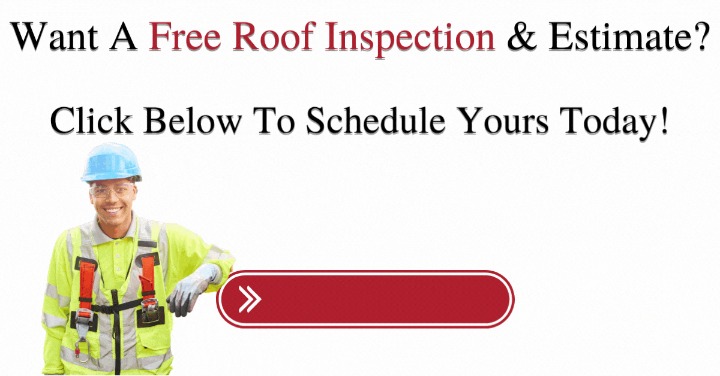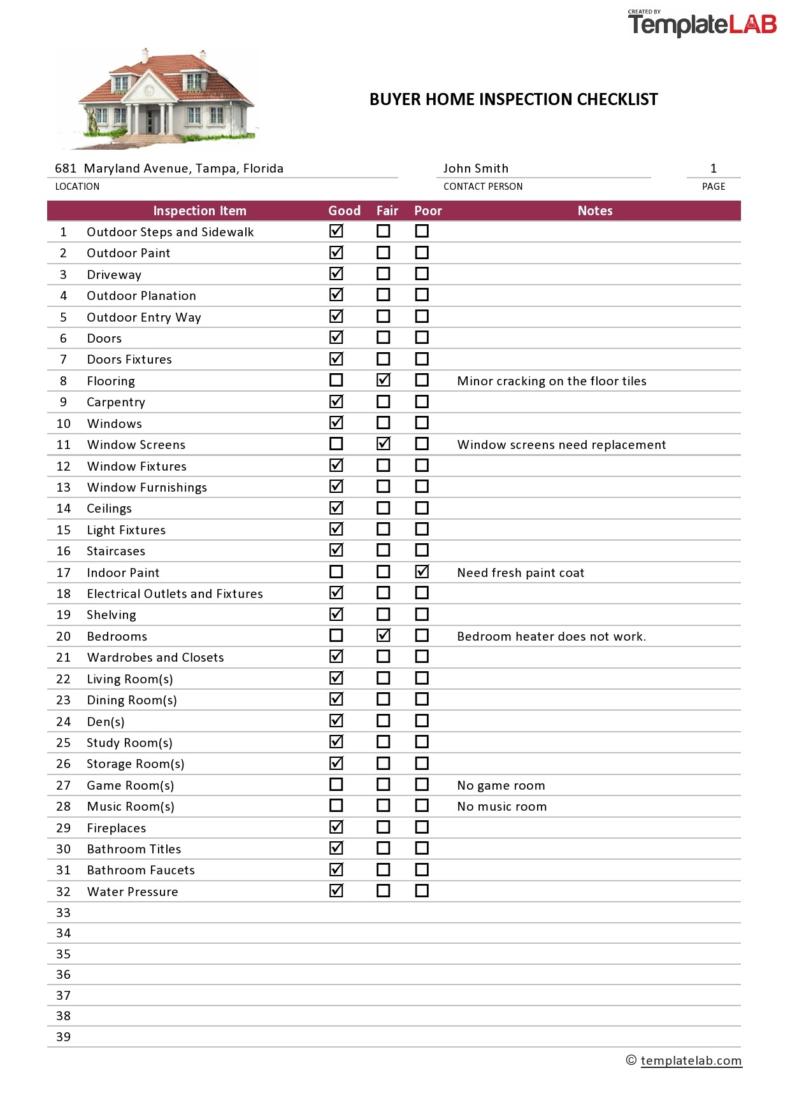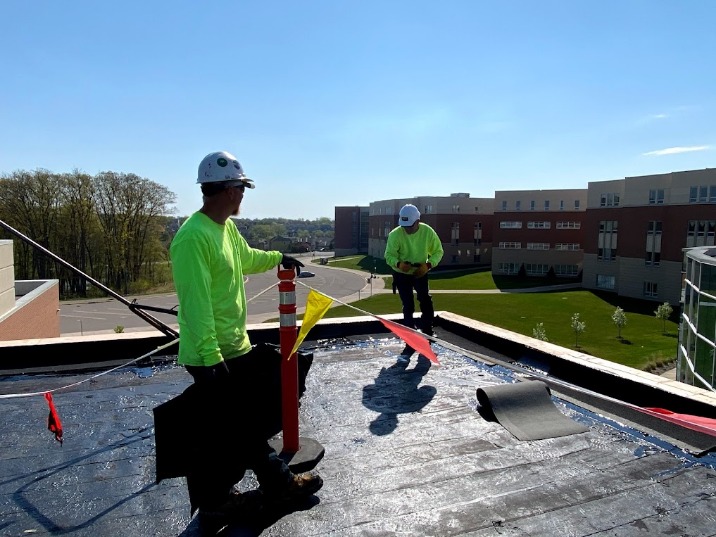
Essential Guidelines for Conducting Safe Roof Inspections
When it comes to maintaining your home, one of the critical tasks is ensuring the integrity of your roof. However, conducting a roof inspection involves certain risks that should be mitigated with appropriate safety measures. Here, we provide a detailed guide to roof inspection safety for homeowners and professionals alike.
Key Safety Measures for Roof Inspections
Use the Right Equipment
Having the proper equipment is pivotal for ensuring roof inspection safety. Below is a list of essential gear:
- Ladder: Choose one that extends at least three feet above the roof edge.
- Harness: Always wear a safety harness with a secure anchor point.
- Non-Slip Shoes: Wear footwear with a good grip to avoid slipping.
- Helmet: Protect your head from potential falls and debris.
Check Weather Conditions
Before initiating any roof inspection, ensure that you:
- Monitor Weather: Avoid inspecting roofs during rainy, windy, or icy conditions.
- Work During Daylight: Good visibility is crucial for spotting hazards.
Inspect Ladder Setup
Ensure your ladder is stable and properly positioned:
- Angle: Place the ladder at a 75-degree angle for optimal stability.
- Surface: Set the ladder on a flat, non-slippery surface to avoid tipping.
- Inspect Ladder: Regularly check for any damages or wear and tear.
Read more about Safety training here.
Roof Inspection Safety Tips
Observing these tips can significantly boost roof inspection safety:
- Never Work Alone: Always have someone with you in case of an emergency.
- Avoid Edges: Stay a safe distance from the roof edges to reduce fall risks.
- Check for Hazards: Be mindful of electrical wires and debris on the roof.
- Plan Your Route: Identify the safest and most direct path to the inspection area.
FAQs on Roof Inspection Safety
1. What should I do if I encounter a dangerous condition during a roof inspection?
Immediately cease the inspection and contact professionals equipped to handle the situation safely.
2. Can I inspect my roof if I have no prior experience?
For those without experience, it’s advisable to hire a professional to conduct the roof inspection.
3. How often should I conduct a roof inspection for safety?
It’s recommended to inspect your roof biannually, particularly after severe weather conditions.
4. Are there any specific tools that enhance roof inspection safety?
Yes, tools such as drones can provide a detailed roof overview while keeping you safely on the ground.
Taking the necessary precautions for roof inspection safety not only protects you but also ensures a thorough and effective inspection of your home’s roof. Always prioritize safety over convenience to prevent accidents and achieve optimal results.





